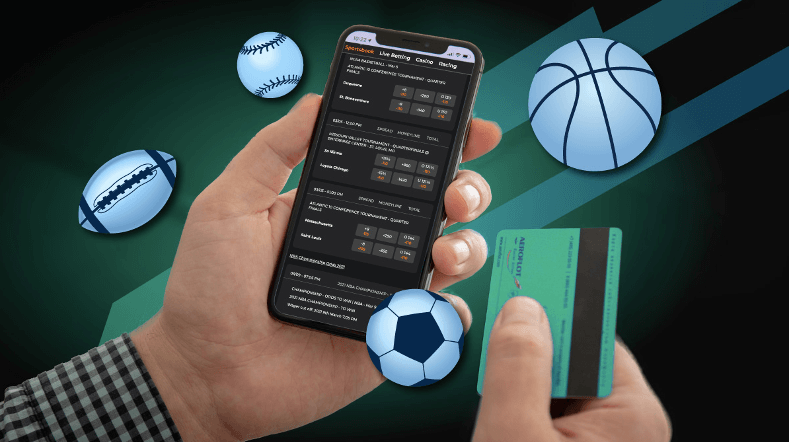
Engaging in fantasy sports is more than just luck; it requires careful strategy, research, and dedication. Whether you’re a seasoned player or a beginner looking to dive into the thrilling world of fantasy sports, having a solid game plan can make all the difference. As you prepare for your next fantasy sports league, consider the following strategy tips and resources, including where to Fantasy Sports Strategy Tips mcw sign up for additional insights and tools.
One of the foundations of successful fantasy sports is understanding player performance trends. Analyze players’ past statistics, consistency, and performance under specific conditions (like home vs. away games). Use reputable sports statistics websites and databases that provide in-depth analytics to make informed decisions about player selection. Look into factors such as injuries, match-ups, and playing time, as these can significantly impact a player’s performance.
Every fantasy league has its unique scoring system that can dramatically affect player value. Familiarize yourself with the rules and scoring mechanisms of your league, whether it’s points-per-reception (PPR), standard scoring, or any other format. Recognizing which positions score the most points in your league helps direct your attention to drafting and trading players who fit those scoring parameters.
Drafting is arguably the most critical aspect of fantasy sports. Have a clear plan before entering your draft. This includes knowing which positions you want to prioritize and understanding the depth of talent available for each position. One popular strategy is the “zero-RB” approach, whereby players focus first on wide receivers and a tight end, delaying running back selections until later rounds when gems can often be found. Alternatively, a balanced approach ensuring a mix of star players and solid depth can lead to a well-rounded roster.
Staying updated on player injuries, trades, and team dynamics is essential. Player evaluations can change significantly from one week to the next, so keeping track of player status through sports news outlets, social media, and injury reports is crucial. Early knowledge of impending injuries can help make strategic roster adjustments or advantageous trades that benefit your team.
Utilizing advanced statistics, such as Player Efficiency Ratings (PER), Expected Goals (xG), or similar analytics, gives you a competitive edge. These metrics can provide deeper insights into a player’s potential performance beyond traditional statistics. For example, a football player’s overall contribution during crucial plays often has a more significant impact on their fantasy value than raw yardage stats alone.

While it may be tempting to draft players based solely on positional necessity, focusing on value should be a higher priority. Target players whose draft position does not reflect their potential return on investment (ROI). Sometimes, you can find high-performing players that fall due to being overlooked, so remain flexible in your draft strategy and take the best player available when possible.
Trading is another opportunity to improve your team during the season. Identify players on your roster or others’ that may either be underperforming due to situational factors or overperforming and likely to regress. Understanding the needs of other teams can create opportunities to make advantageous trades that benefit your team’s depth or performance.
Consider the upcoming matchups when making decisions about starting or sitting players. Players facing weak defenses or in favorable situations are more likely to score many points. Conversely, high-quality players facing tough defenses should be evaluated carefully and potentially benched for better alternatives during those matchups.
The waiver wire is a treasure trove for finding hidden gems throughout the season. Regularly monitor new players emerging due to injuries, trades, or unexpected performances. Prioritize adding players who could fill in for effectiveness during crucial matchups. Timing and keeping track of the players’ potential impact is critical here, so be agile and proactive with your roster management.
Engaging with your league mates can lead to fruitful trades and insights. Being actively involved in discussions often provides an opportunity to read other players’ preferences and needs. Knowledge sharing, trade offers, or alliance formations can strengthen your position within the league. Just be sure to balance friend-making while maintaining a competitive drive!
Ultimately, fantasy sports success stems from diligent preparation, strategic thinking, and flexibility. By combining thorough research, advanced metrics, and astute management of your roster and league dynamics, you can maximize your chances of victory. Remember that the fantasy sports landscape is ever-changing, so stay educated and adaptable. With the right approach, you’ll be well on your way to dominating your leagues this season. Happy gaming!

